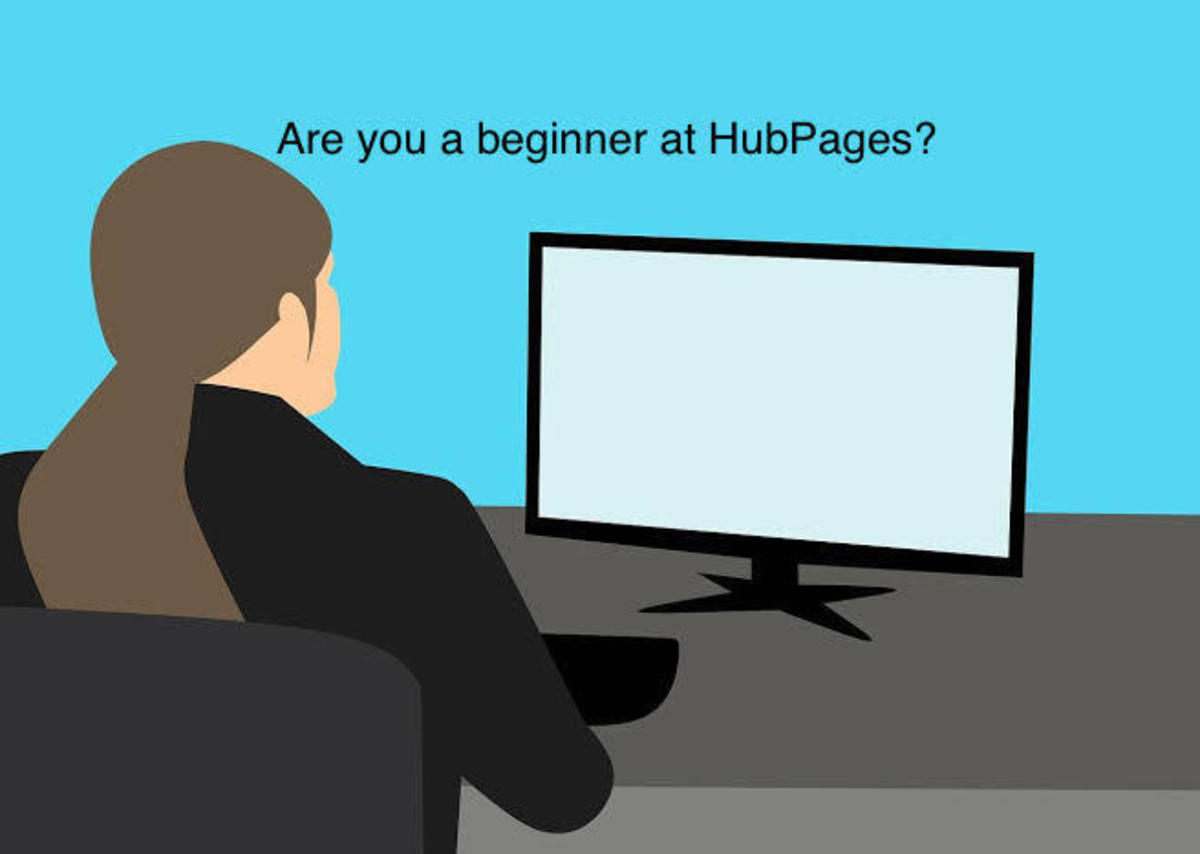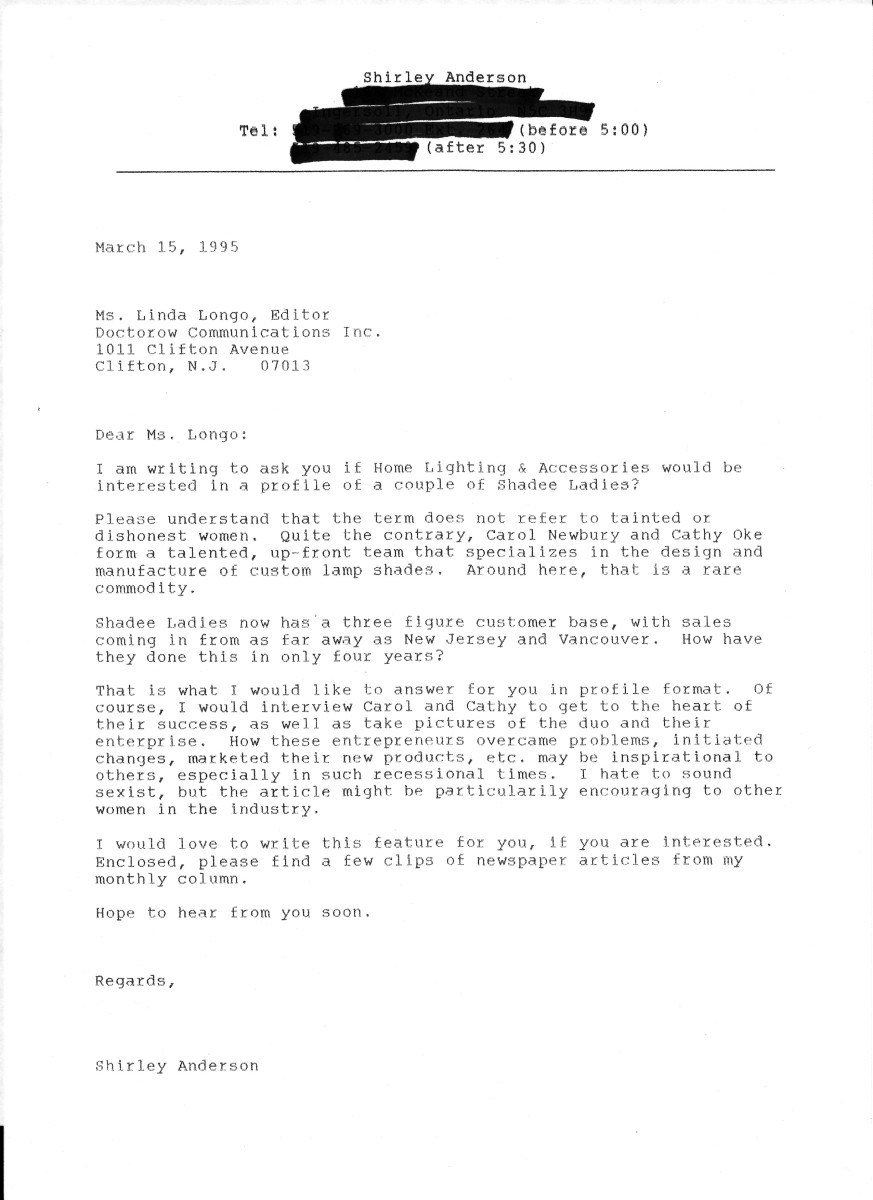Why Literary Agents are Still Important and How to Attract One
Yes, Agents Are Still Important
I know what you are thinking. In this world of instant gratification and in particularly ebooks, why in the world would an author want an agent? What could an agent possibly provide us when, with the click of a mouse, we can publish our own literary works? Why pay an agent fee of 15% when there is no fee involved with self-publishing?
Here is one answer, and it is a valid one: if all you want is to self-publish, then you do not need an agent. Read no further.
But what about those authors who would like to see their books picked up by a major publishing firm? Do they need an agent?
Maybe yes….maybe no!
If you are a writer with your mind set on being published in the traditional way by a publishing firm, then you may or may not need an agent. If, when you read the submission guidelines of a publishing firm, you see the words “only accept agented submissions,” then you will need an agent. If no such phrase appears in the submission guidelines, then that means the publishing firm will accept queries from writers who are not represented by an agent.

What an Agent Can Do for You
The main duties of an agent are:
- To find a publisher for your book
- To help you negotiate a book contract
- To help you market your subsidiary rights
- To serve as an escrow account for your funds
- To coordinate marketing activities related to your book
Understand that professional agents serve as representatives in a complicated and competitive industry. They have contacts within major publishing firms. They have a solid, working relationship with publishers, editors, and book outlets. They understand the business, and they are there to be your guide through the twists and turns of it all.

What an Agent Expects from You
There are a few things your agent will expect from you. Those include:
- Quality writing
- A commitment from you to continue beyond the one book
- A commitment from you to help in the marketing of your book
- An online presence by the author
- A fee (usually 15% of all sales)
Understand that an agent only makes money if the writer is successful. An agent’s fees come from sales, so he/she must pick writers wisely and then work hard to ensure success. Otherwise, the agent does not get paid.
Listings for agents
How to Attract an Agent
First you have to find the right agent for you. There are several publications that can help you in your search. The Literary Marketplace…..Literary Agents of North America….Writer’s Market….Guide to Literary Agents….all are excellent publications. You can also go online and Google for answers. Try the AAR for a list of agents online. If all else fails, ask another writer for recommendations.
Once you have found a list of agents, you then need to pick and choose according to which agents are right for you. Research the agent’s websites and determine:
- What types of books does that agent represent
- If that agent is accepting new clients
- If that agent handles new, unproven writers
- What type of client the agent is looking for
- What clients the agent currently represents
- What the agent wants you to send to them
The process then moves on to the all-important query letter, a letter that can make or break any writer.
Every query letter should contain these basics:
- The book must fit the agent. If the agent only represents science fiction, do not send a romance
- Be concise in your letter. Fast and succinct is appreciated; wordy and ambiguous is not.
- One page is great; two pages at the most.
- Put your professional face on and sound confident.
- Skip witty and down-home humor. The query letter is not the place for humor.
- Don’t bother telling the agent he/she will love your book. That’s up to them to decide.
- Proofread your letter. There is nothing worse than grammatical errors when touting your ability.
Your Query Letter Should Include the Following:
Remember, you need to include all of these points in one page or two at the most, so this is no time to be wordy.
- What is your book about?
- Why you think your book will be popular in the marketplace
- Is your work similar to other authors? If so, name them.
- What is interesting and unique about your story?
- Do you have name-recognition?
- What are your qualifications as a writer?
If you have included all of those points in your query letter, you at least increase your chances of it being noticeable.
Here is the harsh reality when querying agents or publishers: they receive one hell of a lot of queries during a month…literally thousands. Of those thousands, they might request a synopsis and sample pages from twenty or twenty-five, and of those twenty-five they might offer representation to one.
How’s that for a reality check?
Join me on my writing site
- William Holland | Thoreau of the 21st Century
Tips and discussions about writing
What Happens After the Query Letter Has Been Sent?
Well, you wait!
Most agents, if they are in the business to make money, will read every query letter they receive. They may not read the whole letter, because a writer only has about ten seconds to interest the agent in the book, but the agents I have been in contact with read every query they receive. If the agent is any good, they will respond back to you within three or four weeks.
Then what?
Well, if you don’t hear back from the agent, scratch them off your list. If they are not professional enough to at least respond with a form letter, then you don’t need them.
If they do respond, they will either tell you that your work does not fit their needs, or they will ask for a synopsis and some sample chapters, usually the first three chapters. To learn how to write a synopsis, do some further research. If you have made it this far in the process, you don’t want to bury your chances by sending a poor synopsis, so learn how to write one well before you send it.
Once you have sent the synopsis, you wait some more, but the wait will not be as long this time because you made it to an important stage in the process, and the agent has shown interest in your work.

Rejection Is a Way of Life
So get used to it! I have never met a writer who has not been rejected in some way, shape or form. It is part of the business. If you are rejected, but you receive an email from the agent saying they really liked your work, then bookmark that agent and return to them the next time. Above all else, do not get discouraged. Some of the best contemporary authors received hundreds of rejections before they finally found success. Just ask J.K. Rowlings or Stephen King if you don’t believe me.
And Then, Keep Writing
Getting published the traditional way is a numbers game. It is a crapshoot of mammoth proportions.
But someone has to be published, right? There will always be hard copy books in bookstores, so why not include your book on those shelves?
If you have a passion for writing, and a dream of being published the traditional way, then don’t give up! Keep trying until you find an agent willing to take you under their wing. Who knows when the magic will light up your life?
2014 William D. Holland (aka billybuc)
“Helping writers to spread their wings and fly.”










